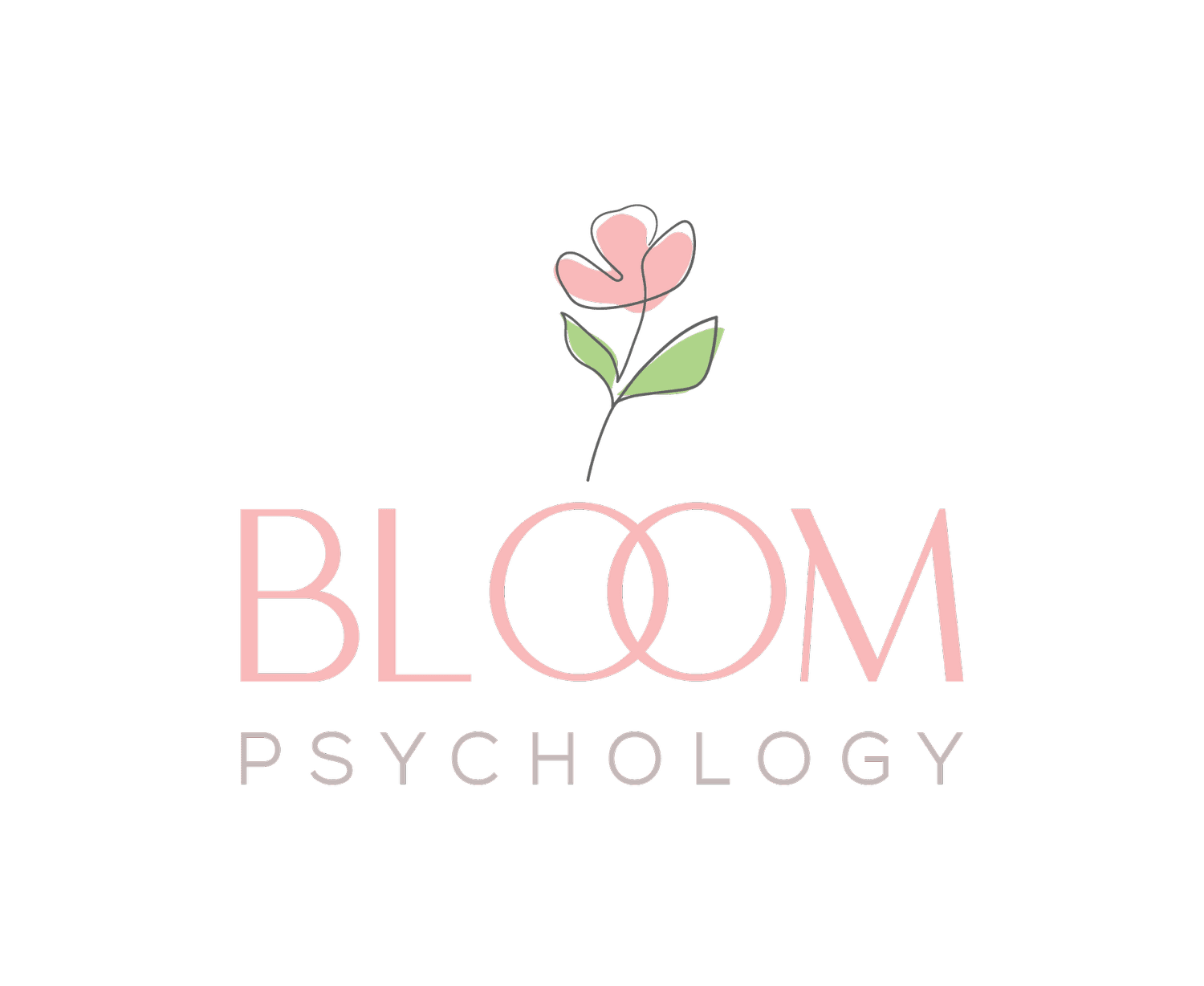Listen to this article
Narrated by Dr. Jana Rundle• 1.5 MB
Keyboard shortcuts: Space or K to play/pause • ← → to seek ±5s
The Hidden Symptoms of Perinatal Anxiety Disorders
When anxiety whispers through the body instead of shouting in your mind, these physical symptoms often go unrecognized—delaying the support you deserve.
Research shows that when physical anxiety symptoms go unrecognized, it can delay treatment and worsen the experience for new and expectant moms.
What Perinatal Anxiety Really Looks Like
When we think of anxiety during pregnancy or postpartum, excessive worry often comes to mind. But anxiety doesn't always shout—sometimes it whispers through the body.
Many women experience physical symptoms that are often dismissed or chalked up to "just part of motherhood." These signs deserve attention.
"Anxiety often speaks through the body. Many women leave their doctor with antacids, when what they really need is mental health support."
— Dr. Jana Rundle, Bloom Psychology
Here are the most common physical symptoms reported by women later diagnosed with perinatal anxiety:
Gastrointestinal Symptoms
-
✓
Persistent nausea not explained by morning sickness
-
✓
Digestive issues beyond the usual pregnancy changes
-
✓
Appetite changes not tied to cravings or aversions
-
✓
Feeling of a "knot" in the stomach that won't go away
Cardiovascular Symptoms
-
✓
Heart racing or pounding without physical exertion
-
✓
Chest tightness or pain that's been medically cleared
-
✓
Shortness of breath even when resting
-
✓
Hot flashes or unexplained chills unrelated to hormones
Neurological Symptoms
-
✓
Dizziness or feeling lightheaded frequently
-
✓
Numbness or tingling in hands or feet
-
✓
Frequent headaches or migraines without clear cause
-
✓
"Brain fog" or trouble concentrating beyond typical sleep deprivation
Musculoskeletal Symptoms
-
✓
Tension in the neck, shoulders, or jaw that persists
-
✓
Unexplained aches and pains throughout the body
-
✓
Restlessness or inability to sit still—feeling physically wound up
Sleep Disturbances
-
✓
Difficulty falling asleep despite exhaustion
-
✓
Waking in the night and struggling to fall back asleep
-
✓
Restless, unrefreshing sleep that leaves you drained
Other Common Signs
-
✓
Panic attacks—sudden overwhelming fear with physical symptoms
-
✓
Intrusive thoughts you can't control or shake
Save this symptom guide on Pinterest so you can reference it when you need it—or share it with someone who might benefit.
Why These Symptoms Go Unrecognized
There are several reasons why physical anxiety symptoms often slip through the cracks during pregnancy and postpartum.
Normal Overlap
Many of these symptoms mimic typical pregnancy or postpartum experiences. It's hard to distinguish anxiety from "normal" when you're told everything is normal.
Baby-Centered Care
Moms often feel they need to "power through" for the baby's sake. Your needs get pushed aside in the focus on your baby's health.
Lack of Provider Training
Many OBs and pediatricians aren't trained to connect physical symptoms to anxiety. They may treat the symptom without addressing the root cause.
Mental Health Stigma
It's often easier to say "my stomach hurts" than "I'm anxious." There's still stigma around maternal mental health, making physical symptoms feel safer to report.
Effective Treatment Approaches
The good news is that perinatal anxiety responds well to treatment. Evidence-based approaches include:
Cognitive Behavioral Therapy (CBT)
Helps identify and change thought patterns that contribute to anxiety and its physical manifestations. CBT gives you practical tools to interrupt the anxiety cycle.
Mindfulness-Based Interventions
Teach present-moment awareness and techniques to reduce physiological stress responses. Mindfulness helps you notice anxiety symptoms without being consumed by them.
Acceptance and Commitment Therapy (ACT)
Focuses on accepting difficult sensations while pursuing valued life activities. ACT helps you move forward even when anxiety is present.
Body-Oriented Approaches
Address the physical symptoms directly through techniques like progressive muscle relaxation and diaphragmatic breathing. These methods calm your nervous system.
When necessary, collaboration with healthcare providers on medication options that are compatible with pregnancy and breastfeeding is also beneficial.
What You Can Do Right Now
If you're experiencing persistent physical symptoms that don't have a medical explanation—trust your gut.
Let your provider know everything: the aches, the worries, the racing thoughts, the sleepless nights.
You deserve full support—not just for your baby, but for you.
Remember: Naming what's happening is the first step toward feeling better.
You Don't Have to Navigate This Alone
At Bloom Psychology, we specialize in compassionate, evidence-based care for new and expecting moms. If this sounds like something you're going through, you're not alone—and help is here.
Want more support navigating anxiety as a new mom?
Check out our Anxiety Management Course, where we dive deep into tools, strategies, and community care for moms navigating anxiety, stress, and identity changes.
Explore the Anxiety Management CourseReady to receive expert support and practical tools delivered straight to your inbox?
Join our newsletter for evidence-based guidance, self-care strategies, and the compassionate support you deserve on your motherhood journey.
Found this helpful?
CTA Recommendations & Conversion Path
Newsletter Hook
Join our newsletter for evidence-based guidance, self-care strategies, and the compassionate support you deserve on your motherhood journey.
Positioning: After delivering symptom information and treatment options—when reader has received value and is ready for ongoing support.
Pinterest Save Language
"Save this symptom guide on Pinterest so you can reference it when you need it—or share it with someone who might benefit."
Positioning: Natural, helpful language positioned near visual Pin embeds. Never pushy or repetitive.
Conversion Path Flow
Each step must feel like a natural progression. Lead with value, follow with invitation.
Bloom Psychology
Compassionate, evidence-based care for new and expecting moms.





